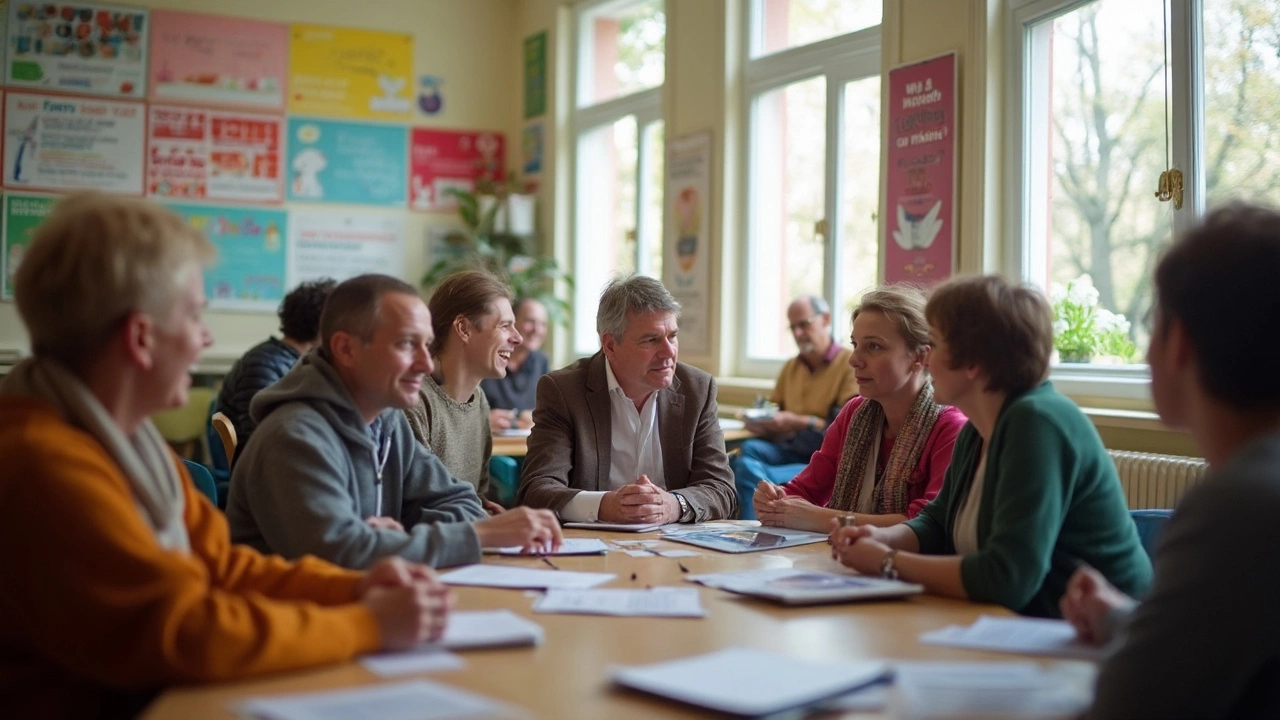Skills for Adults: Practical Ways to Learn and Grow
Feeling stuck or just curious about picking up something new? You’re not alone. Adults of any age can add useful skills without a huge time commitment or a pricey course. Below you’ll find straight‑forward ideas you can try today, plus why building skills matters for work and life.
Why Adult Skills Matter
Every new skill you master makes you more adaptable. Employers love people who keep learning, and you’ll notice better confidence in everyday tasks. Whether it’s a digital tool, a communication technique, or a hobby that can turn into a side hustle, the payoff shows up as higher pay, better jobs, or just a richer life.
Quick Strategies to Build New Skills
1. Pick a micro‑goal. Instead of saying “I want to learn Photoshop,” start with “I’ll edit a photo in 15 minutes.” Small wins keep the momentum going.
2. Use free, bite‑size resources. Platforms like YouTube, podcasts and short MOOCs let you study in 10‑minute chunks. For example, the “Best Adult Learning Theory” post shows how short lessons fit adult schedules.
3. Practice right after learning. The brain locks in information best when you apply it immediately. Try drafting a quick email using a new writing technique, or solve a simple math problem after watching a tutorial.
4. Join a community. Forums, local meet‑ups or online study groups give you accountability and fresh ideas. Even a comment section on a post about “How Adults Learn” can spark a discussion that reinforces what you’ve read.
5. Track progress. A plain notebook or a simple spreadsheet works wonders. Write down what you learned, how long it took, and what you’ll tackle next. Seeing the list grow feels rewarding.
These steps work for any skill – from mastering Excel shortcuts to learning how to tutor a beginner, as highlighted in the “First‑Time Tutoring Guide.” You don’t need a full-time program; just consistency and a clear plan.
If you’re looking for skill ideas that boost earnings, check out the “Most Profitable Online Skills” article. It breaks down high‑pay digital abilities you can start learning this year, like basic web design or freelance writing.
Don’t forget soft skills. Communication, time management and problem‑solving often outrank technical know‑how on employer checklists. The “Best Adult Learning Theory” post explains that adults respond well to practical, real‑world examples, so practice these skills in everyday situations.
Finally, treat learning like a habit, not a sprint. Set a regular 20‑minute slot, maybe after dinner, and stick to it. Over weeks you’ll accumulate a toolbox that makes you more competitive, more confident, and more ready for the next opportunity.
Ready to start? Choose one micro‑goal from the list above, gather a free resource, and schedule your first 15‑minute session today. You’ll be surprised how quickly a small step turns into a solid new skill.






